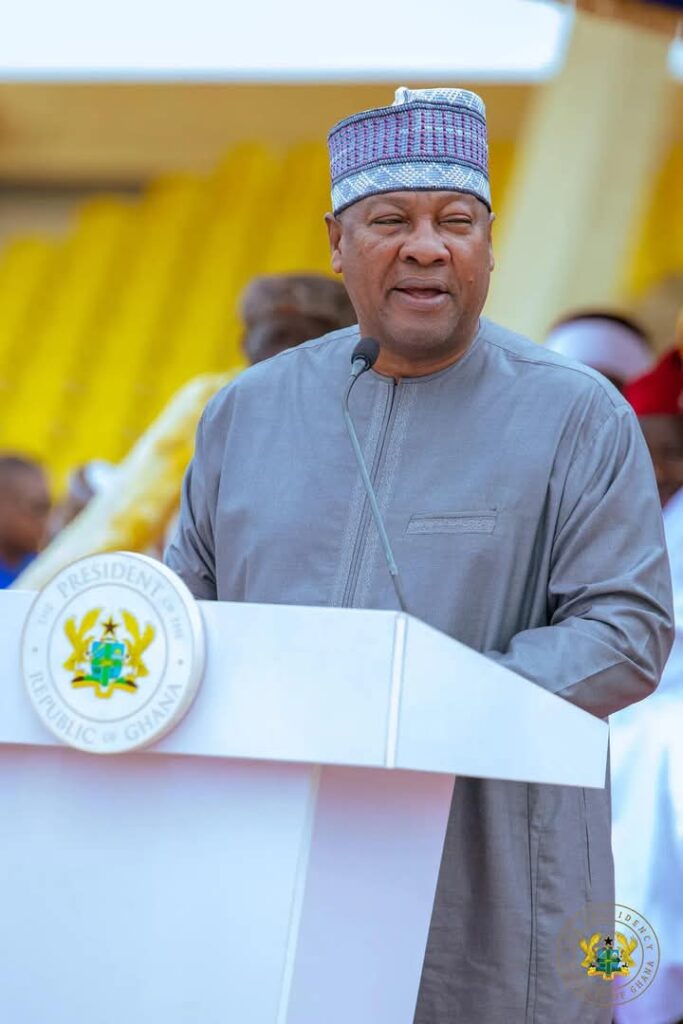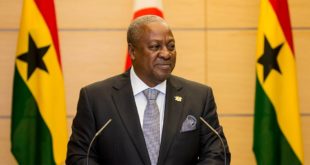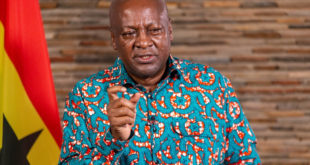
President John Dramani Mahama has officially signed into law a series of legislative bills aimed at abolishing multiple taxes, including the controversial Electronic Transfer Levy (E-Levy), Betting Tax, and Emissions Tax.
This move aligns with the National Democratic Congress (NDC) government’s commitment to easing the financial burden on Ghanaians.
On March 13, 2025, Finance Minister Dr. Cassiel Ato Forson presented eight bills to Parliament, seeking to repeal or amend various levies. Among them were the Electronic Transfer Levy (Repeal) Bill, 2025, Emissions Levy (Repeal) Bill, 2025, Income Tax (Amendment) Bill, 2025, and the Earmarked Funds Capping and Realignment (Amendment) Bill, 2025.
The E-Levy, introduced in 2022, imposed a 1% charge on electronic transactions, including mobile money transfers and online payments. The tax was widely unpopular, with many Ghanaians arguing that it disproportionately affected low-income earners and discouraged digital financial transactions. Similarly, the Betting Tax, which imposed a 10% charge on gross winnings from gambling, faced strong opposition from stakeholders in the gaming industry.
Ahead of the 2024 general elections, then-flagbearer of the NDC, John Mahama, promised to abolish these taxes within his first 120 days in office if elected. With his approval of the amended tax bills, his administration has fulfilled that campaign promise.
The decision to scrap these levies is expected to provide financial relief to individuals and businesses while boosting economic activity. However, economists and policy analysts will be closely monitoring how the government compensates for the revenue shortfall resulting from these repeals.
 GhArticles.com Every News in Detail
GhArticles.com Every News in Detail



